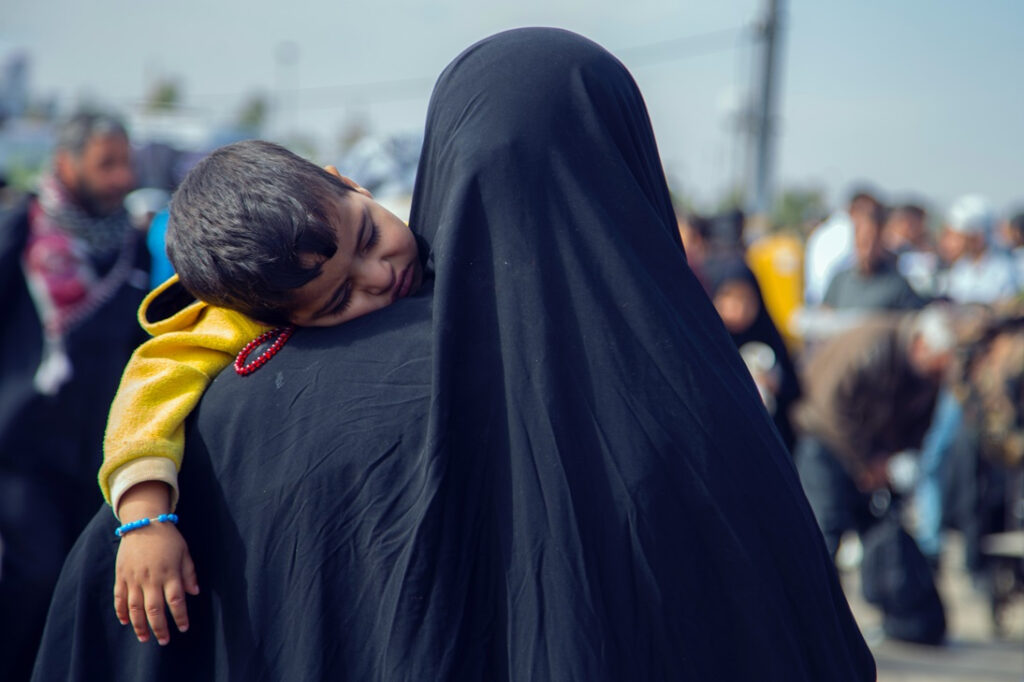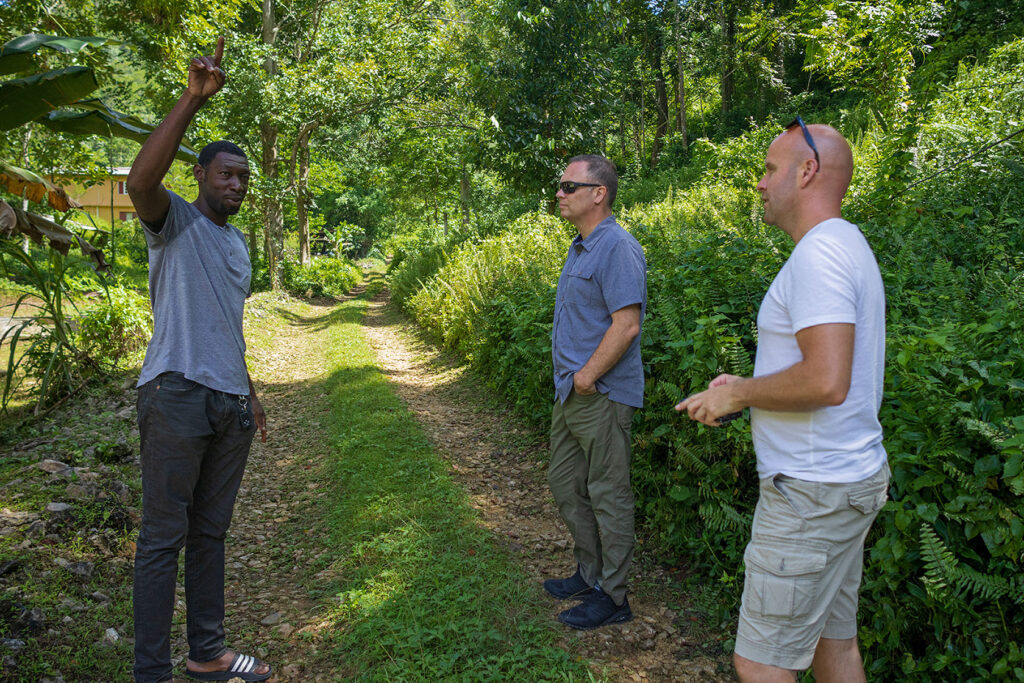Sometimes, missionary kids (MK’s) and third-culture kids (TCK’s) have an indescribable yearning to just be normal.
And sometimes, we don’t know how to explain this feeling. We want to live where we belong. We don’t want to be different or feel like outsiders. Several factors keep us from feeling like we fit in.
Far too often, children in ministry have a hard time articulating how they feel. It is my hope that our missionary parents, supporters, friends, and pastors back home would understand what we experience so they can more effectively love and minister to the MK’s and TCK’s they know.
Consider these four things most MK’s usually won’t say out loud.
1. “I just want to be normal.”
We feel as though everyone expects us to know, live for, and long for our passport country, even if we haven’t lived there in years. We’re told things like, “You’re American—why you pronounce that word differently?” and, “You should know how to play baseball—you’re American”. These comments frustrate us because we didn’t grow up in America.
We are reminded daily that where we currently live is not our home either. Many times, we are the only Caucasians on the street. Or we are unable to do seemingly simple things like order dinner, because of the language barrier. The constant reminders that we don’t fit in slowly wear down our confidence, and we become self-conscious of our “abnormalities.”
We’re often given an extra title whenever we’re introduced—the “kid who grew up in Africa,” or “that missionary’s oldest child.” These labels are suffocating. We don’t want to be different. We just want to be normal kids.
We may talk differently because of where we grew up. We may not understand American sports. We may eat our burgers with forks and knives. But we are still kids who want to belong. Our fear of never fitting in may seem irrational, but continually pointing out our differences only feeds this fear.
But, our parents, supporters, friends, and pastors have the power to make us feel welcome, by accepting us no matter how different we may seem.
2. “I don’t know where I’m from.”
Many of us have grown up overseas never really knowing where to call home. We have acquired friends, customs, and worldviews from several different cultures. We were born in our passport country, but we don’t have any strong ties to it. Yet we are still expected to call it our home, constantly reminded that we are not “from” the country where we’ve lived much longer.
If you are a parent of an MK, I’d urge you to consider making your home a “no-man’s land.” Our home is the one place where we shouldn’t feel pressured to pick a country. Many MK’s appease their parents by calling their passport countries “home,” never expressing the battle that goes on within them whenever they say it. Please, don’t guilt us into claiming your home country. Show us that it doesn’t matter what country we choose to love.
And to our supporters, friends, and extended family: try not to ask us where we’re from, because we likely don’t have an answer. We aren’t going to say “I don’t know”, because we know that immediately halts the conversation. So more often than not, we will give you a vague, half-hearted response before we change the subject.
Instead of asking us where we are “from,” consider starting the conversation by asking:
- “Where have you lived?”
- “Where do your parents call home?”
- “Where are you currently living?”
3. “I might not be a missionary when I grow up.”
When asked if we’ll follow in our parents’ ministry footsteps, and many of us MK’s will awkwardly stammer our way through an answer before looking for the nearest exit. We feel pressured to say “yes”, and inexplicably guilty if we give an adamant “no”—but we also know that a weak “maybe” just doesn’t cut it.
You have every right to ask us what career we’re interested in. But please, try to avoid making us feel like missions is the only correct answer. Every calling from God has dignity and purpose. You don’t need to add missions into the “future career” question—if we truly do want to go into ministry, have no doubt that we will tell you!
4. “I want to know that I’m more important than the ministry.”
Thankfully, this isn’t an issue I’ve ever encountered in my own home. But I have known many MK’s that do struggle with a sense that, when it comes to their parents’ ministry, they take the backseat. Many MK’s have seen ministry take precedence over family dinners, vacations, sporting events, even illnesses. They feel guilty asking for more time from their parents, even though that’s all they really want. They feel like they’re asking their parents to choose between God’s calling and their own kids. Oftentimes, this guilt leads to MK’s resenting their parents’ ministry.
If you are the parent of an MK, show us that family comes before ministry—whether by simply asking us the hard questions or visibly putting your work aside for us. You may not like the honest answers we give, and it may be hard to say “no” to ministry at times; but it will prove to us that we really do take top priority.
To supporters and friends interacting with MK’s: take care to not always associate us with our parents’ ministry. We already feel as though we are on display 24/7. Instead of asking us questions about our parents’ ministry, just ask us regular questions. We love to talk about our pets, hobbies, and interests just like every other kid.
You will win our hearts if you treat us like normal kids—because we are.




